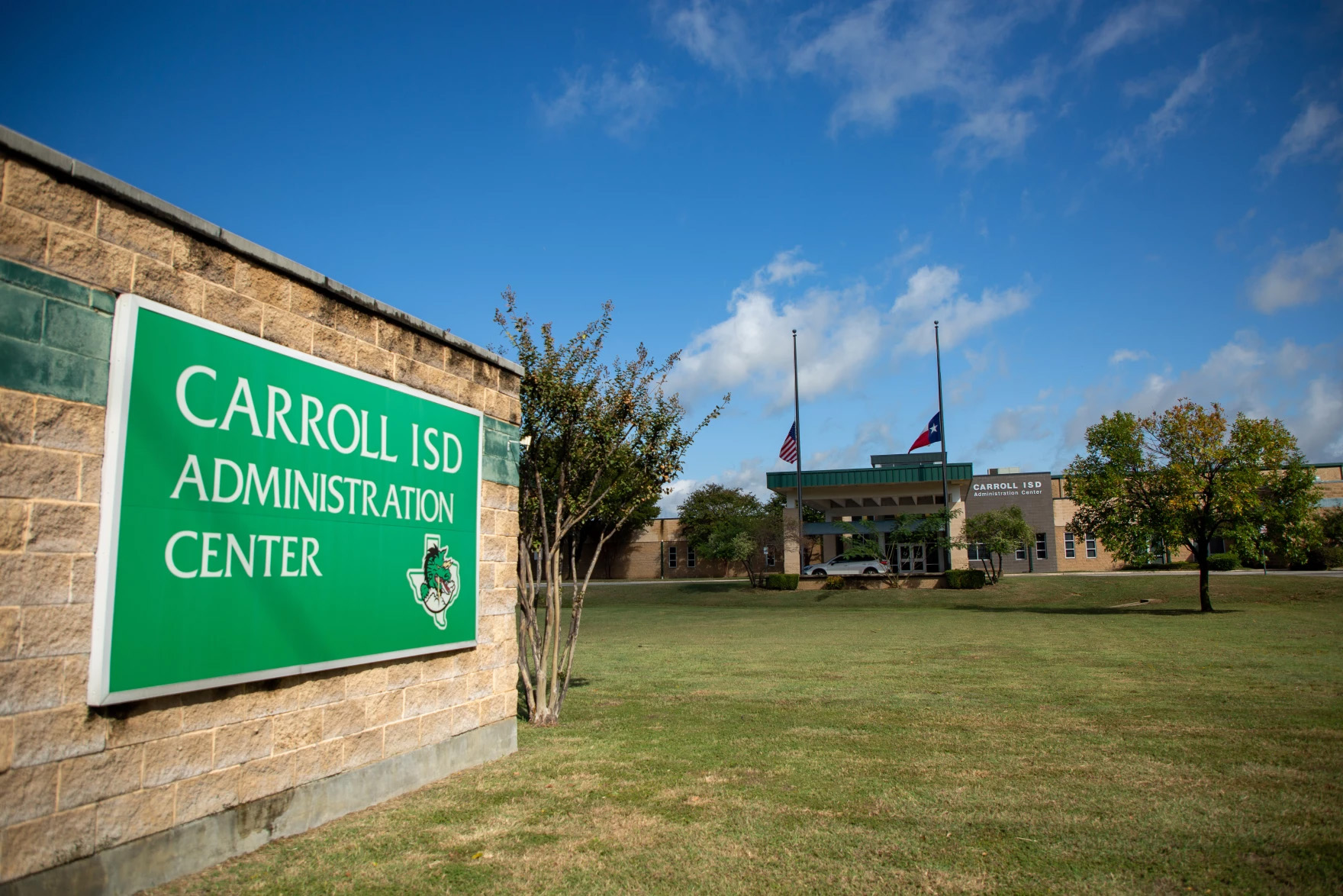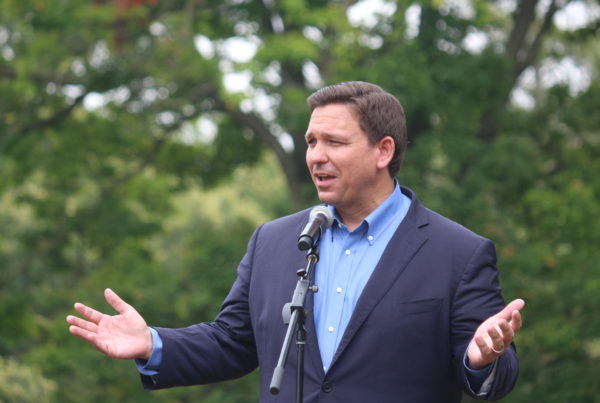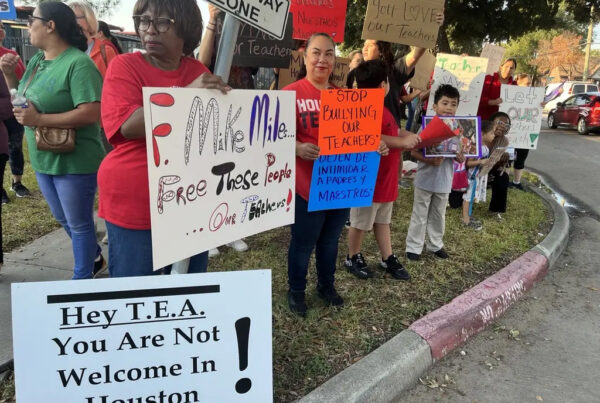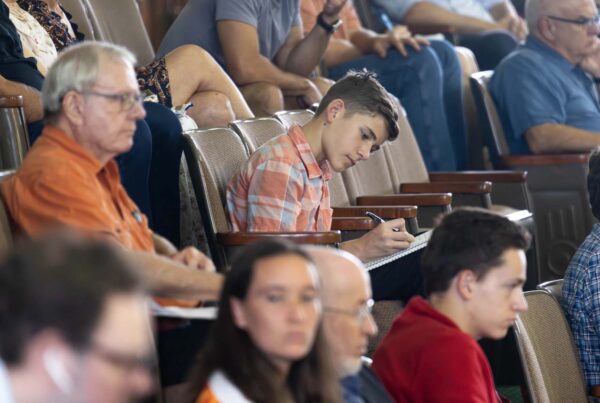In North Texas, two school districts are challenging Texas education’s status quo: Keller ISD and Carroll ISD.
Both districts are taking steps to fight the state’s recapture law, which requires property-wealthy districts to send excess property tax revenue to the state for redistribution to property-poor districts.
Recently, Keller ISD’s school board voted 5-1 to stop paying recapture money next school year. Carroll ISD also discussed a similar move. And these aren’t the first districts to oppose recapture – Spring Branch ISD made a similar move last month.
Chandra Villanueva is the Director of Policy and Advocacy at Every Texan and she joined Texas Standard to talk about why school districts are pushing back against the Texas Education Agency (TEA). Listen to the interview above or read the transcript below.
This transcript has been edited lightly for clarity:
Texas Standard: Why are these districts considering stopping paying recapture money to the state next school year? What are the main reasons that they’re citing?
Chandra Villanueva: The main reason is how underfunded our school finance system is and the inaction that the Legislature has taken. So far this year there was no additional money put into schools.
I think what’s really important to remember about recapture is that it’s about leveling the playing field between districts. So if a recapture district is struggling and a recapture district says that they can’t make ends meet, that means that every single school district in the state is having similar issues and is also having problems making ends meet.
» RELATED: Texas Legislature disinvests in public schools, passing the buck to local taxpayers
So I’m thinking about some of these districts now that want to break away from the system or stop making payments. Do they face penalties if they refuse to make recapture payments?
They absolutely do.
What will happen is that TEA will come in and annex their property, basically take property within the school district and reassign it. They try to go to a neighboring school district as close as they can to level out the wealth per student.
Houston kind of tried this several years ago when they first went into recapture. They thought that they could vote against it and TEA said, basically, “we’re going to take the Galleria and assign it to a different school district.” So that’s what’s going to happen if they actually go through with not making these payments.
You, I would imagine, oppose this effort to get in the way of making the recapture payments. Are there examples of how the program has actually worked in the past?
The recapture system actually works exactly as designed.
I’m a huge supporter of recapture because it is about leveling the playing field. The problem is the level of funding within the system. So recapture gets a lot of attention because the school districts can daydream about what they could do with that funding that they have to send back to the state. But there’s a whole lot of districts that have nothing to daydream about. They’re stuck in the room being reliant on state aid, and they’re all in the same boat.
So these districts are able to make this claim that they want to keep their money, but they’re not doing anything to help the school districts that have no money to keep or refuse to send back. So I think it’s really important for all school districts to band together to demand an increase in what we call the basic allotment, the base per student level of funding.
Could districts survive on that base allotment? I mean, we are talking about having to completely restructure the system if in fact some of these districts decide “we’re not going to pay.”
Districts can’t survive on their base level funding right now. The last time it was increased was 2019, and the Legislature again chose not to do anything during the regular session – the first special-called, the second special-called – and we’re now approaching a third special session, which the governor has said he’s going to focus on vouchers, taking money from public schools to private schools.
But there’s been no promises that he’s going to do anything to improve school funding for the vast majority of Texas students.













